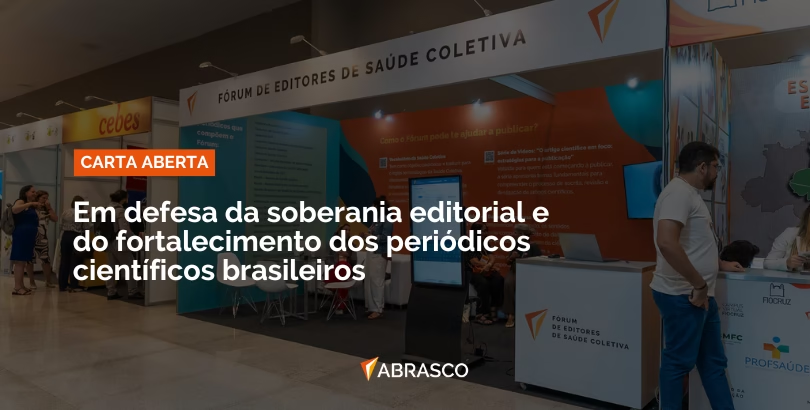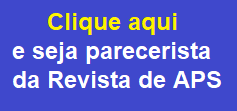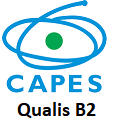Evaluation of the quality of life of the health community agents from Lagoa Santa – MG
Keywords:
Programa Saúde da Família, Auxiliares Saúde Comunitária, Qualidade de Vida.Abstract
The Community Health Agent (CHA) is recognised as a managing person of great importance among the health services and the community. However, considering the fact that they dwell in the community where they act; they are targets to many different situations which caused a strong pressure from part of the community and from the family health team itself, conditions able to cause damages to their health and loss of quality of life (QL). This study evaluated the quality of life of the CHA from Lagoa Santa/MG. This is a transversal, descriptive and analytical study, ethically approved, where 60 CHA joined the program, using the instrument WHOQOL-Bref and a social and economical questionnaire for this study. The data were analysed using the statistic program SPSS®, version 13.0 (2004), established previously a 5% margin of error (p ≤ 0,05) to reject the hypothesis of nullity. The comparative analysis was made by Pearson’s coefficient of correlation (r > 0,60). It was observed that 96,7% of CHA were young adult women (average age 33 years old; ± 11 years), 53,4% of them single. The catholic religion prevailed (63,3%), 78,3% have completed high school, 78,3% described a familiar income reaching the maximum of 3 minimum wage per month and 44% has been working as a CHA at the Family Health Program (FHP) of Lagoa Santa/MG for less than a year. Considering the WHOQOL-Bref, the domain which shown the best average score was the Physical (82,8) followed by the Social Relationships (77,0), Psychological (76,0) and the Environment (59,5). The most part of CHA from Lagoa Santa/MG were single young adult women, catholics, with low family income, average level of education and little professional experience regarding the FHP where they were inserted. Concerning their QL, it was detected by the WHOQOL-Bref a positive relation with Physical, Social Relationships and Psychological domains and a negative relation with the Environment domain.Downloads
Download data is not yet available.
Downloads
Published
2008-06-28
Issue
Section
Artigos Originais






